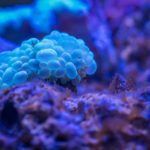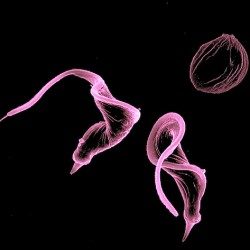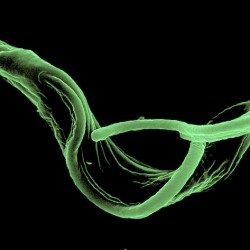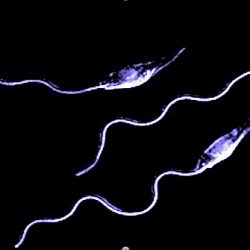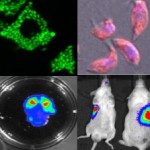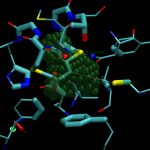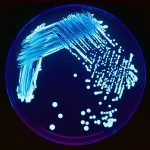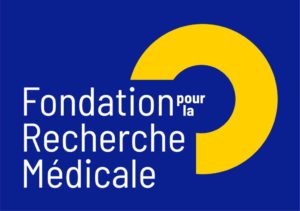The Trypanosomatids Infectious Processes team studies experimental models of Chagas’ disease and Animal Sleeping sickness, two of the ”most neglected diseases” that afflict the poor and powerless in developing regions of sub-Saharan Africa, Asia and the Americas. Together they cause an estimated 500,000 to 1 million deaths annually. Chagas’ disease, the third largest disease burden in Latin America, is cause by Trypanosoma cruzi. It affects at least 15 million people and 100 million people are at risk. Human and animal sleeping sickness (Nagana) trypanosomosis is a major public health concern in 35 sub-Saharan countries. The livestock challenge, which is mainly caused by Trypanosoma vivax, causes about 3 million cattle deaths annually, has a severe impact on African’s agriculture, and was recently introduced into South America and Mauritius.The team has recently drawn its attention to other protozoan parasites of the trypanosomatid family which are equally triggering “neglected diseases” : Leishmania donovani/L. infantum and L. major, responsible respectively for Visceral and Cutaneous Leishmaniasis. Leishmaniasis threaten about 350 million people in 98 countries or territories around the world, most particularly in Asia, Eastern and Northern Africa and the Mediterranean and Amazonian bassins. No vaccines have yet been developed against these seriously disabling or life-threatening illnesses.
Our projects address fundamental questions centered on the better understanding of the host immune system disturbances triggered by Trypanosomatids infectious processes. For that the team uses multidisciplinary approaches to identify and validate molecules that play a role in virulence, parasite escape and persistance. Most particularly, the Trypanosomatids Infectious Processes team aims to identify critical molecules for parasite metabolic pathways that could be involved in the acquisition of infectivity, in the deregulation of the immune system of the host or playing a role in the pathogenesis. The team has developed genetic parasitic outfits for validating potential therapeutic and targets and diagnostic tools using in vitro and in vivo real-time imaging. Our general goals are the identification of specific biomarkers for late, chronic, stages of those diseases and to develop new molecules that could be at the origin of innovative therapeutic and diagnostic approaches.
The Laboratory of Trypanosomatids Infectious Processes holds a “Chaire Franco Brésilienne PASTEUR/USP” together with the University of Sao Paulo and is a Host Laboratory of the Graduate School “Complexity of the Living”, Université Pierre et Marie Curie, Paris 6.

